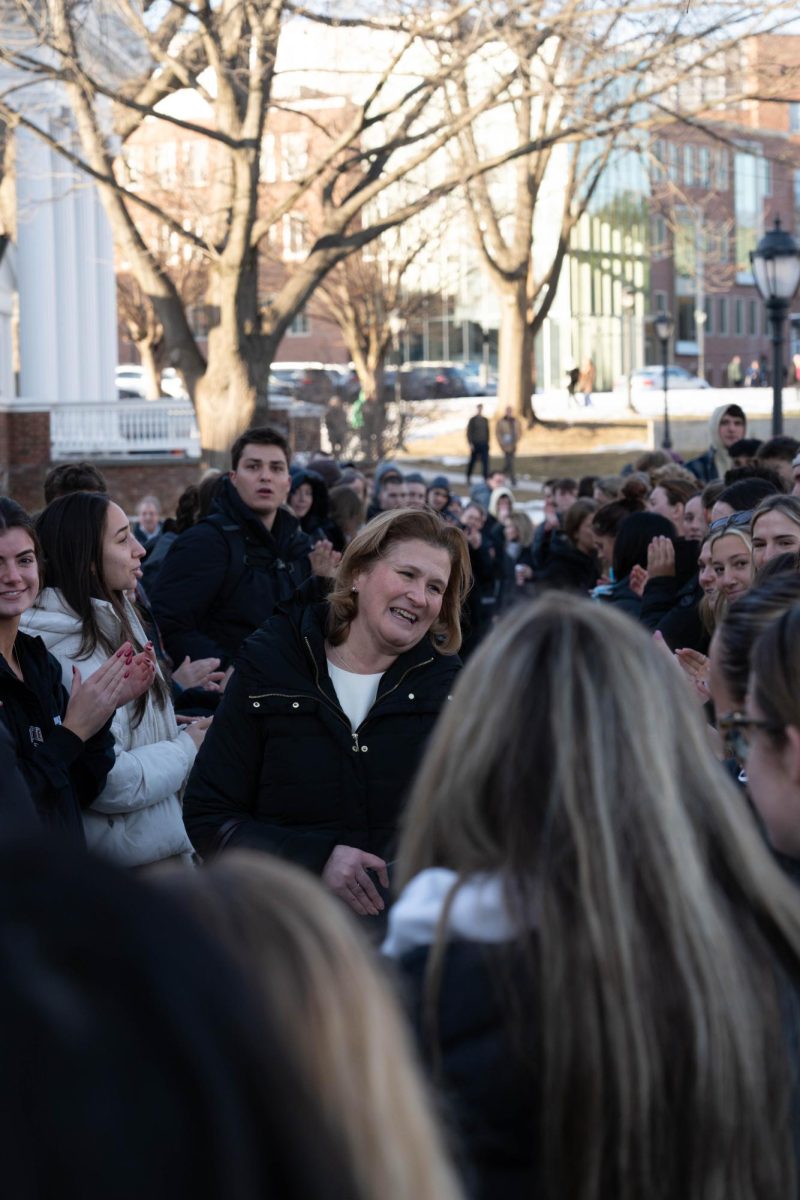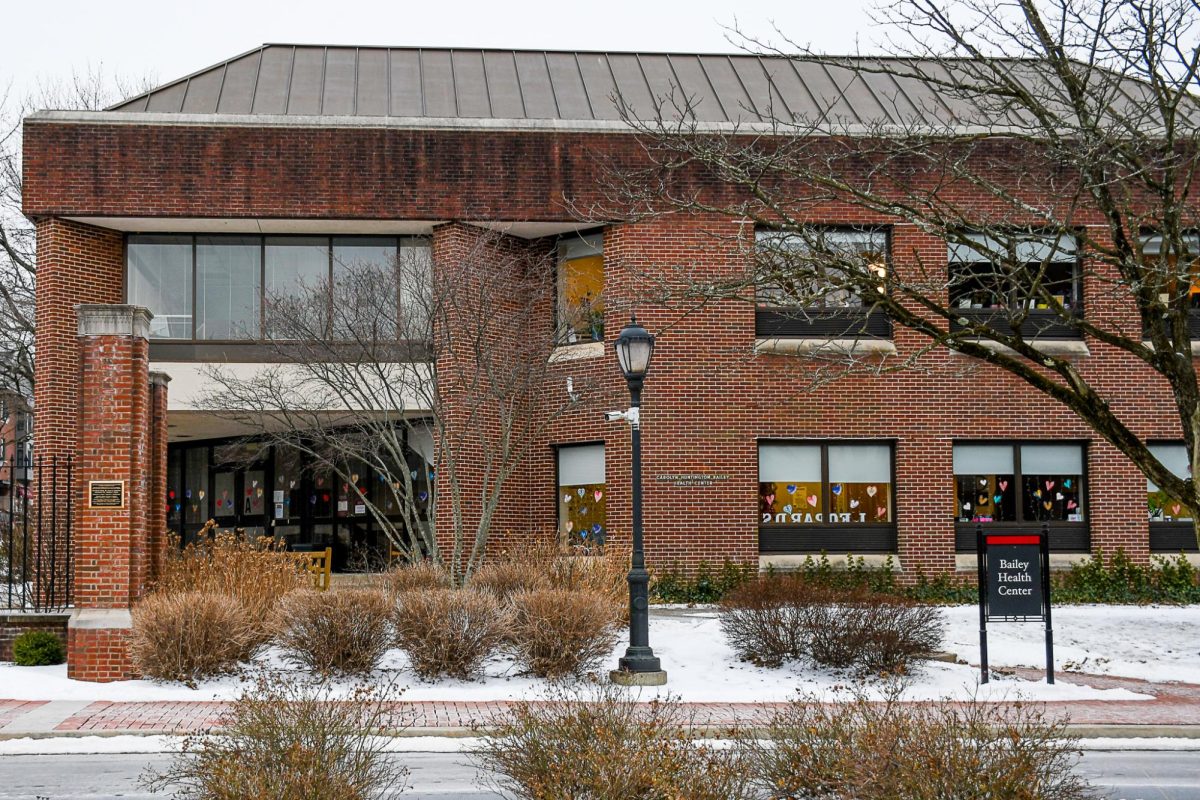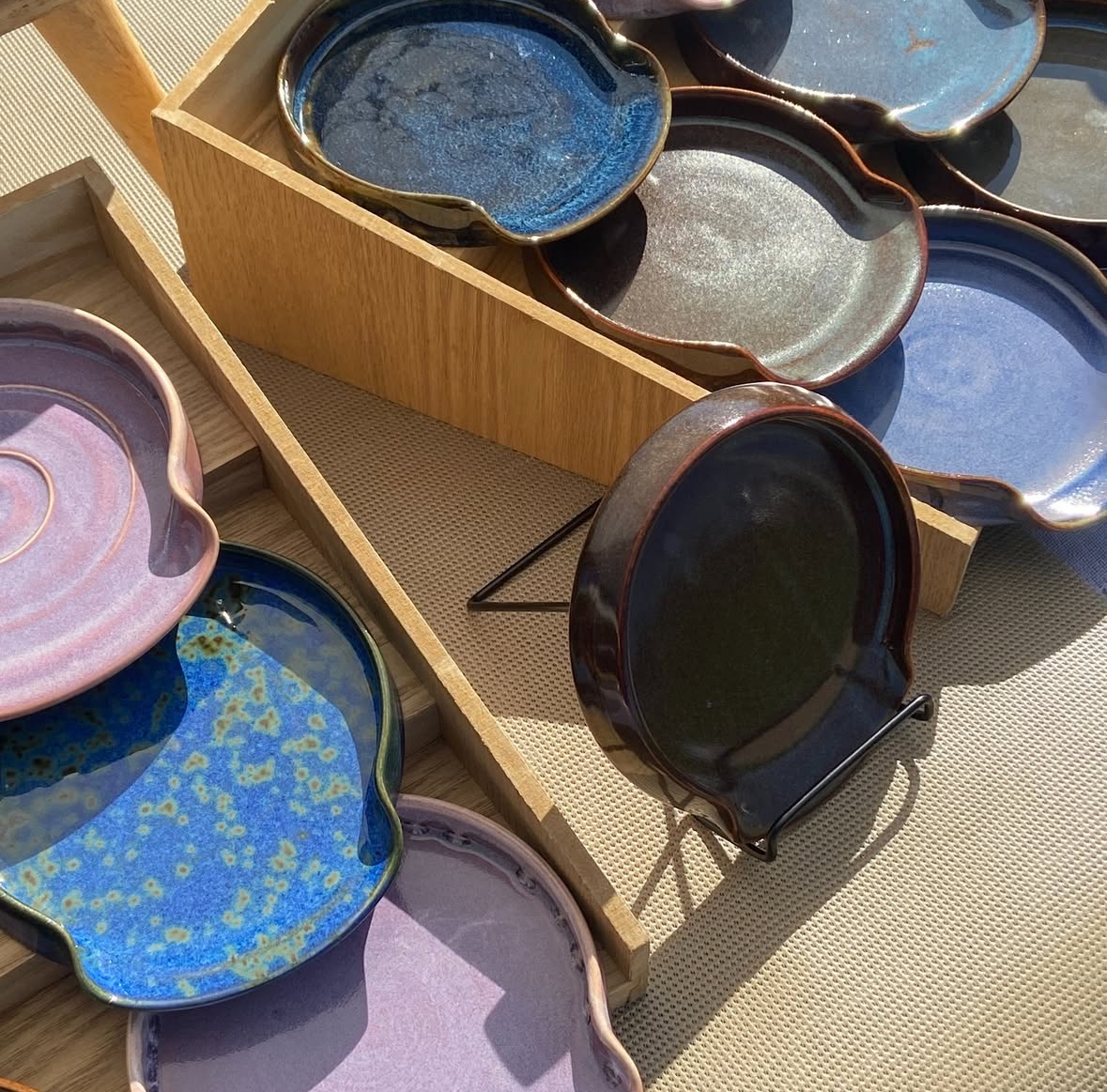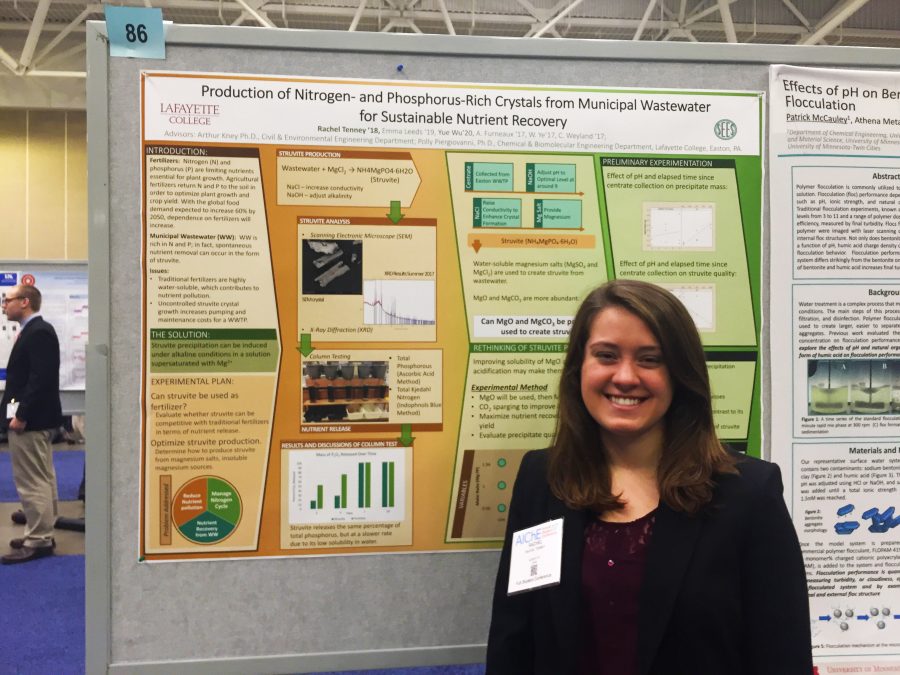Rachel Tenney ’18 is looking to make use of seemingly unusable municipal waste water.
Tenney created a poster and based her honors thesis on extracting nutrients from the waste water in order to make more environmentally-friendly fertilizers for plants. With this poster, she won first place at the American Institute of Chemical Engineers National Conference (AIChE).
Tenney’s work was selected as the winner out of 30 presentations in the environmental division at the conference, which had representatives from institutions all over the country. The poster competition was held in Minneapolis as part of of the AIChE Annual Meeting and Student Conference at the end of October.
As a major in Chemical Engineering, Tenney decided to focus her research for her honors thesis on sustainable nutrient recovery from municipal waste water.
Although no faculty members of the chemical engineering department were currently doing research in this field, Tenney reached out to civil and environmental engineering professor Arthur Kney and chemical and bimolecular engineering professor Polly Piergiovanni for advice and support.
Tenney has worked in Kney’s lab since May of last semester, and her current work is a natural progression of Kney’s original project on struvite, a magnesium ammonium phosphate crystal rich in nutrients.
“It is a mineral that contains nitrogen and phosphorus, the two most important nutrients for plants and the main components of pretty much every fertilizer on the market,” Tenney said. “Now we know that struvite is a useful nutrient, we need to find out how to produce it.”
Municipal waste water became Tenney’s research interest because it is high in nitrogen and phosphorus by nature.
“The specifics of my thesis revolve around how to use insoluble magnesium precursors like magnesium oxide and magnesium carbonate to produce struvite, which is a novel production method. But as we work through this process, we also need to figure out how to improve the solubility of those precursors,” Tenney said.
Another aspect of Tenney’s research is the applicability of struvite as a slow-release fertilizer, which is less harmful for the environment than common fertilizers.
“Traditional fertilizers are harmful because they are very soluble in water. If you apply those fertilizers, they pretty much just wash away,” Tenney said. “If we have a slow-release fertilizer, it won’t just wash away into the water and create pollution.”
The multidisciplinary nature of Tenney’s research was essential to its success. Working along with her were other civil engineers Yue Wu ‘20 and Angie Orellana ‘20, as well as Emma Leeds ‘19, a double major in environmental science and Spanish.
“What makes my project in environmental engineering so interesting is that it’s a combination of civil and chemical engineering,” Tenney said.
Kney said he was proud to see Tenney and her partners earning outstanding achievements with their work.
“[Tenney] is an excellent student. She’s really passionate about her work, which I think all students need when doing research if they want to do well,” Kney said “She also had a great team that she worked with in the project, bringing it together, making a poster and earned first place.”










































































































